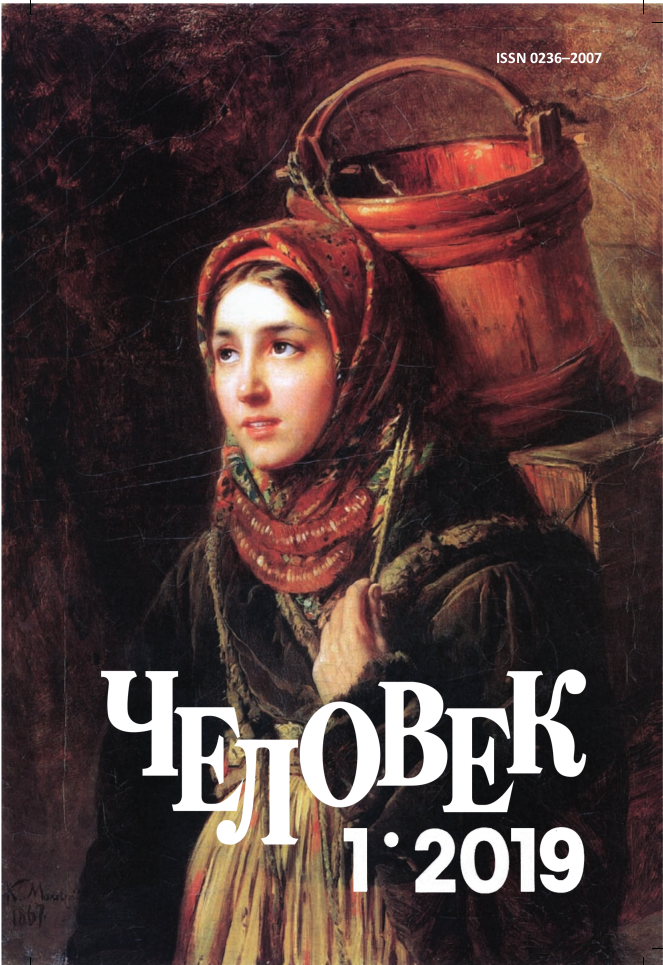Genesis of thinking in the context of non-classical epistemology
DOI:
https://doi.org/10.31857/S023620070003019-7Keywords:
image, perception, representation, activity, thinking, operation, operand, mythological thinking, language, consciousnessAbstract
In the classical directions of epistemology and psychology of the XIX–XX centuries the problem of the Genesis of thinking was formulated as a problem of explaining the qualitative transition from visual-sensual to mediated abstract-conceptual reflection. At the same time, in the modeling of such a transition, firstly, thinking was either reduced only to sensual-figurative forms (for example, behaviorism, Gestalt psychology, etc.), or interpreted as non-sensual (for example, the Wurzburg school), and secondly, the idea that such a transition is directed exclusively by socio-cultural determination (practice, work, communication, etc.) prevailed. At the turn of the XX — XXI centuries the theoretical context of this problem has significantly expanded due to psychological and epistemological concepts, in which the formation of knowledge is considered in the context of biological evolution, the principle of activity, information and operational models of intelligence, etc. On this way theoretical models in which transition from an image to thought consists in transformation by the subject of sensual imagery by means of operational influence on an image which are extracted from the imagery and fixed by signs of language are developed. With this approach, the Genesis of thinking appears as the formation of a system of interaction of operands (what is and secondary, their fragments, their combinations, abstractions, idealization, etc.) and operations on them. The formation of such a system is guided not only by socio-cultural, but also by natural and biological determinants. In the Genesis of thinking there are three stages: the formation of the prerequisites of operational activity in the psyche of the higher primates; the origin of mental operations as derivatives of subject action; interiorization of thinking. directed to the operational activity of the subject — sensual images, primary






